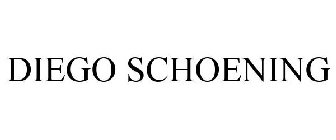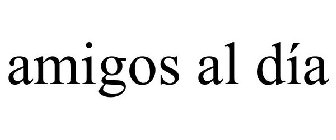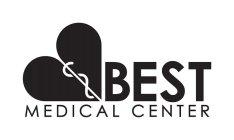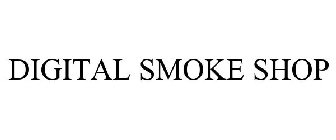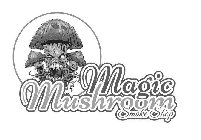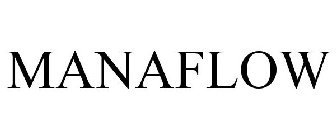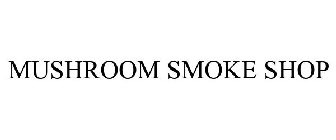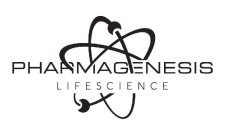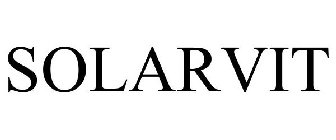Your Denver Miami Trademark Lawyers
Miami Trademark Lawyers
We are trademark lawyers. Our trademark attorneys help national and international clients register and protect their trademarks. Our Denver/Miami trademark attorneys believe in providing our clients with sound legal advice with regards to their trademark. Our lawyers conduct trademark searches prior to applying for marks and advise our trademark clients when they should not proceed with their brands or logos.
Our trademark attorneys are versed in corporate law and can help your company grow while also safeguarding your intellectual property. We strongly recommend you have non-compete and non-disclosure agreements in place with people and companies involved or having access to your intellectual property.
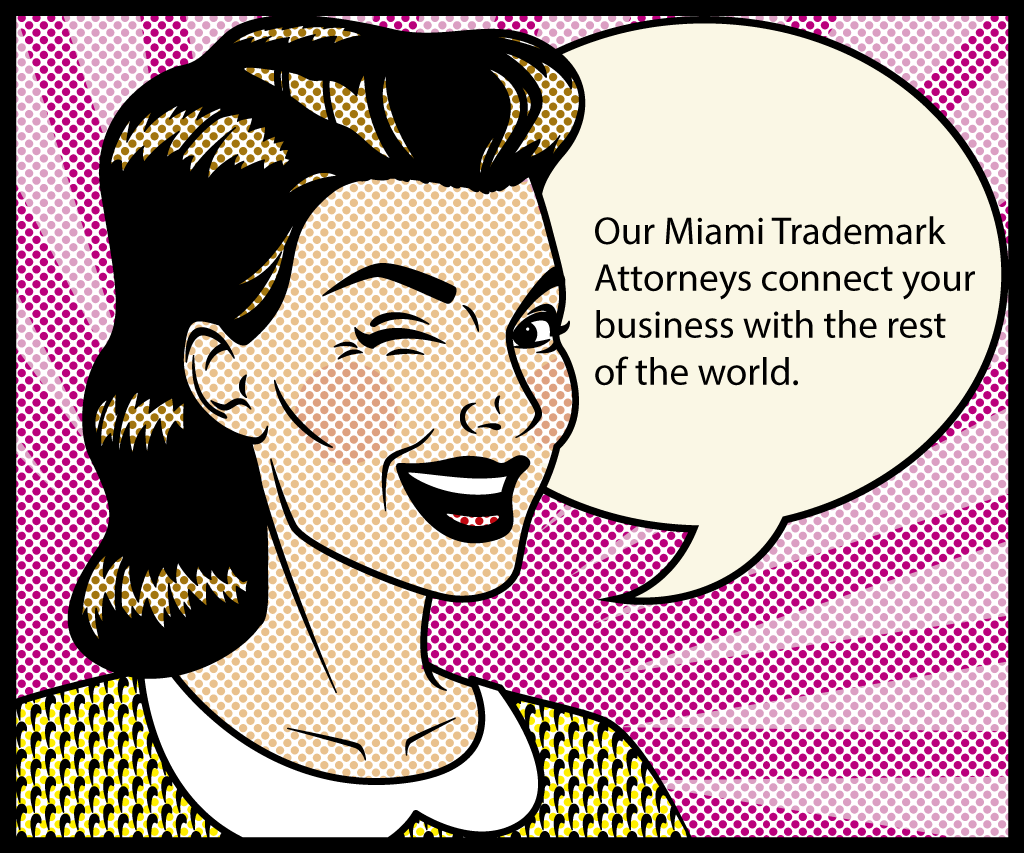
Work With Excellent Attorneys
Our Colorado/Florida based trademark lawyers also provide the following services: draft trademark, copyright, patent, licensing, manufacturing and sales, distribution, and non-compete agreements; enforce and defend infringement matters; enforce and defend internet domain matters; negotiate contracts; facilitate import and export matters; and offer many other related business and entertainment law matters.
Our licensed Colorado/Florida attorneys provide our patent and trademark clients with meticulous, ethical, and dedicated legal representation. The Firms provide each client with detailed billing that clearly identifies the type and duration of work performed. The Firms promptly returns calls and provides clients with regular updates. Our attorneys help inventors, entrepreneurs, individuals and companies in both the public and private sector. It is a great honor and privilege to participate in the creation and development of your intellectual property portfolio.
The Strength of a Trademark and Its Importance
The Strength of a Trademark and Its Importance
“As a trademark attorney, it is my job to educate trademark owners and explain the importance of selecting a suggestive, arbitrary or fanciful mark.” Juliet Alcoba
Fanciful
Mark
Fanciful
Mark
Arbitrary
Mark
An arbitrary mark is a strong mark that will receive protection from the USPTO and the State and Federal Courts. We recommend our clients select arbitrary or fanciful marks. So what is an arbitrary mark? Arbitrary marks comprise words that are in common linguistic use but, when used to identify particular goods or services, do not suggest or describe a significant ingredient, quality, or characteristic of the goods or services.
Arbitrary
Mark
An arbitrary mark is a strong mark that will receive protection from the USPTO and the State and Federal Courts. We recommend our clients select arbitrary or fanciful marks. So what is an arbitrary mark? Arbitrary marks comprise words that are in common linguistic use but, when used to identify particular goods or services, do not suggest or describe a significant ingredient, quality, or characteristic of the goods or services.
Suggestive
Mark
Suggestive
Mark
Descriptive
Mark
A descriptive mark may be registered, yet it will bring very little trademark protection. So what is a Descriptive trademark? A mark is considered merely descriptive if it describes an ingredient, quality, characteristic, function, feature, purpose, or use of the specified goods or services. Similarly, a mark is considered merely descriptive if it immediately conveys knowledge of a quality, feature, function, or characteristic of an applicant’s goods or services. The determination of whether a mark is merely descriptive must be made in relation to the goods or services for which registration is sought, not in the abstract. This requires consideration of the context in which the mark is used or intended to be used in connection with those goods/services, and the possible significance that the mark would have to the average purchaser of the goods or services in the marketplace. The mark need not describe all the goods and services identified, as long as it merely describes one of them.
Descriptive
Mark
A descriptive mark may be registered, yet it will bring very little trademark protection. So what is a Descriptive trademark? A mark is considered merely descriptive if it describes an ingredient, quality, characteristic, function, feature, purpose, or use of the specified goods or services. Similarly, a mark is considered merely descriptive if it immediately conveys knowledge of a quality, feature, function, or characteristic of an applicant’s goods or services. The determination of whether a mark is merely descriptive must be made in relation to the goods or services for which registration is sought, not in the abstract. This requires consideration of the context in which the mark is used or intended to be used in connection with those goods/services, and the possible significance that the mark would have to the average purchaser of the goods or services in the marketplace. The mark need not describe all the goods and services identified, as long as it merely describes one of them.
Generic
Mark
Generic
Mark
To schedule a video consultation:
Our Recent Trademark Registrations
Our Recent Trademark Registrations
